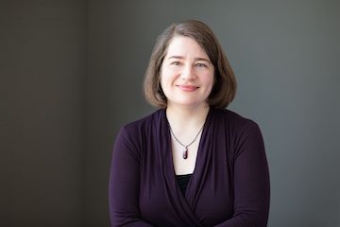
Date:
Location:
Title:
ABSTRACT
Centuries-old organs were among the most complex devices built prior to the industrial revolution, and they stand as valuable documents not only of musical history but also of technological history. There is a role for current materials chemistry in understanding the properties of historic organ pipe metal, including its susceptibility to corrosion damage. We have used laboratory exposure experiments to study initial corrosion as a function of alloy composition and atmospheric conditions. We employed gravimetry, X-ray diffraction, EDX/WDX, and SEM imaging of surfaces and cross-sections to study growth rates, compositions, and morphologies of corrosion product phases. Direct hydrothermal crystallization of corrosion products has allowed elucidation of their atomic-level structures and studies of the conversion of short-term to long-term corrosion products. These corrosion product structures, in turn, formed the basis for synthesis of a new family of lead oxide carboxylates with extended inorganic substructures. While not directly implicated in the corrosion of historic objects, this expanded group of compounds provides a fruitful test case for the role of ligand shape in influencing packing, symmetry, and chirality in hybrid materials.
BIO
Catherine Oertel received her B.A in chemistry from Oberlin College and her Ph.D. in inorganic chemistry at Cornell University, where she worked with Frank DiSalvo. As a National Science Foundation Discovery Corps postdoctoral fellow, she worked with Shef Baker in the Department of Materials Science and Engineering at Cornell and collaborated with researchers at the Chalmers University of Technology in Göteborg, Sweden. She joined the Oberlin chemistry faculty in 2006. Her research program involves undergraduates in hydrothermal synthesis and structural characterization of hybrid materials and complex oxides. From 2018-2020 she was a rotator at the National Science Foundation, serving as a program director for the Solid State and Materials Chemistry program.
Hosted by Ram Seshadri. Download event flyer.



